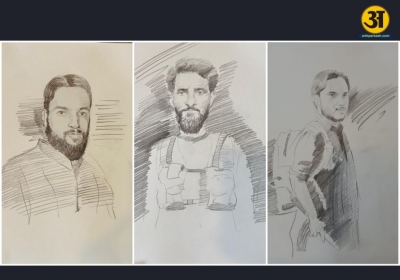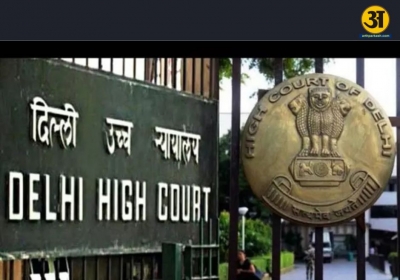
Expressions of poverty post Covid19
Expressions of poverty post Covid19
People asking for alms is not an uncommon scene in our country. However, post-Covid, there has seen an increase in the frequency of demands. Recently this week, during a train journey of roughly eight hours, I was greeted by more than ten vagabonds asking for alms. The frequency of demands, acting as food for thought got me thinking.
Oxfam released its inequality report – ‘Inequality Kills’, the previous month. Inequality Kills mainly highlights the unequal distribution of income in the country. The report, on the one hand, suggests that there has been an increase in the number of millionaires in the country. On the other, more than 4.6 crores, Indians are estimated to have fallen into extreme poverty in India in 2020.
What does staying below the poverty line means?
Staying below the poverty line has its further ramification; staying below the poverty line means a lack of resources. Staying below the poverty line means vulnerability, lack of education and a future. Staying below the poverty line means not having an independent say in decision making. Staying below the poverty line also means marginalization and even social boycott. Reports suggest that poverty engendered by natural calamities, like an earthquake, draughts and pandemic pushes those at the margin, towards asking for alms.
What have the courts said about people asking for alms?
The Supreme Court in 2021, while hearing cases said that it would not take an elitist view, to ban begging and order the removal of all beggars.
The Supreme Court will never restrain people from begging. The only solution to this socio-economic problem is their rehabilitation and giving them education and employment. This is more needed for the little children who beg at the traffic junction. We need a humanitarian and sympathetic approach from the states and centre” the bench had said.
What initiation the government has taken Overt the education of children?
The Narendra Modi government has held that all the children who have lost both their parents, the surviving parent's legal guardians and adoptive parents to Covid19, will receive financial assistance, under the PM-CARES for children’s scheme.
The Ministry of Women and Child Development has said that 577 children across the country have been orphaned during the second wave of the pandemic.
A Case for Universal basic income
A 2016-17 Economic Survey, had advocated the concept of UBI (Universal Basic Income) as an alternative to various welfare schemes to reduce the poverty in India. The concept has gained momentum post covid 19, with rising demand for jobs and decelerating economy.
Universal Basic Income is a program, that provides all citizens of a geographic area with a given sum of money, regardless of their income resources or employment. The major impediment in the implementation of this is believed to be the additional financial burden on the government.





